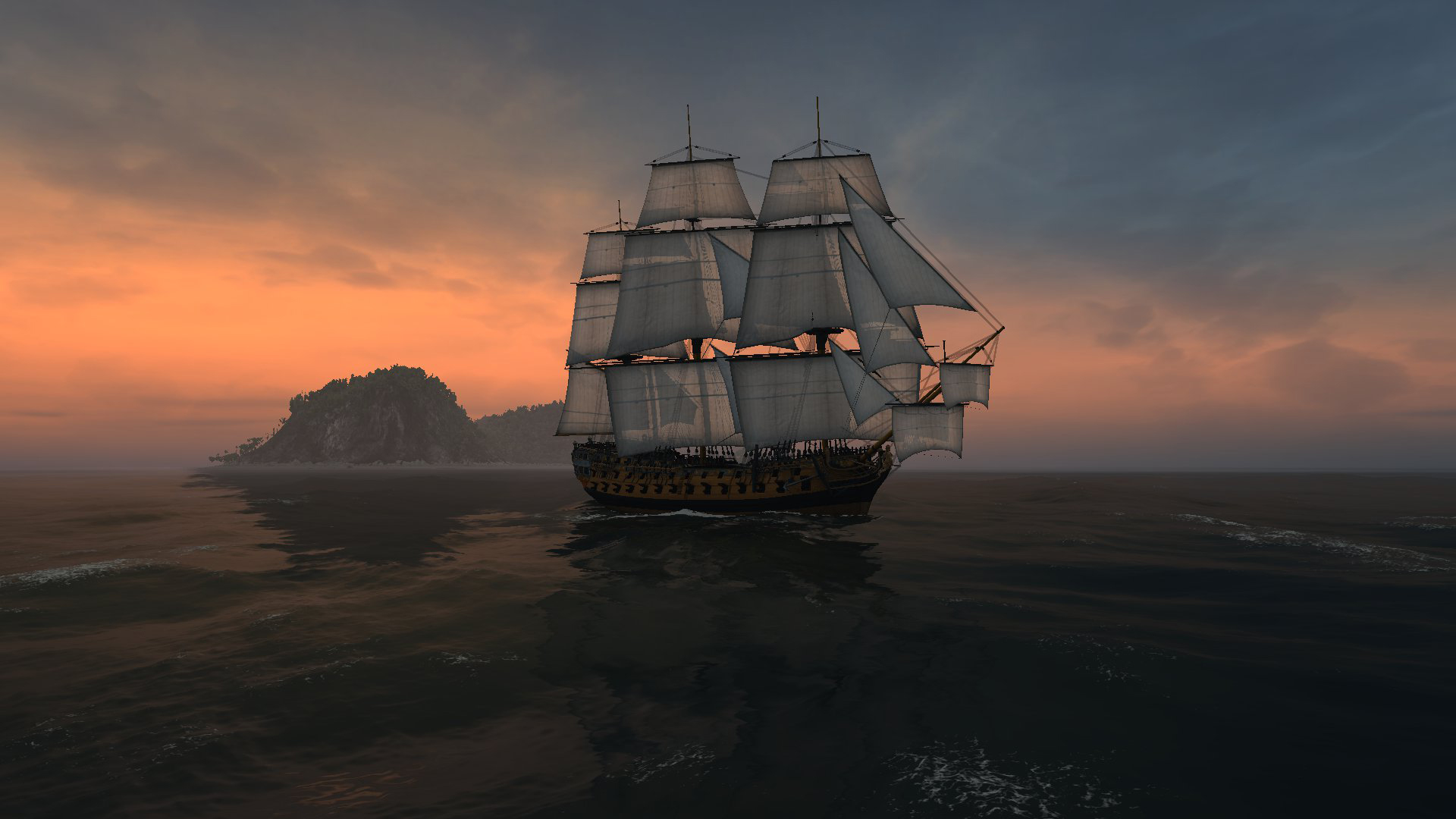


In the Battle of the Delta, the Ancient Egyptians defeated the Sea Peoples in a sea battle circa 1175 BC. The first dateable recorded sea battle occurred about 1210 BC: Suppiluliuma II, king of the Hittites, defeated a fleet from Cyprus, and burned their ships at sea. Scene from an Egyptian temple wall shows Ramesses' combined land and sea victory in the Battle of the Delta. A major example is the exploration of the wrecks of various warships in the Pacific Ocean. Many sea battles through history also provide a reliable source of shipwrecks for underwater archaeology. It was only in the late 16th century, when gunpowder technology had developed to a considerable extent, that the tactical focus at sea shifted to heavy ordnance. Throughout most of naval history, naval warfare revolved around two overarching concerns, namely boarding and anti-boarding. Gaining control of the sea has largely depended on a fleet's ability to wage sea battles. For three centuries, Vikings raided and pillaged far into central Russia and the Ukraine, and even to distant Constantinople (both via the Black Sea tributaries, Sicily, and through the Strait of Gibraltar). So too did the Venetian Republic dominate Italy's city states, thwart the Ottoman Empire, and dominate commerce on the Silk Road and the Mediterranean in general for centuries. Phoenicia's and Egypt's power, Carthage's and even Rome's largely depended upon control of the seas. The Persian Empire – united and strong – could not prevail against the might of the Athenian fleet combined with that of lesser city states in several attempts to conquer the Greek city states. Troy), and classical works such as The Odyssey emphasize the sea. Pre-recorded history (Homeric Legends, e.g. Thus armies, with their exorbitant needs for food, ammunition and fodder, were tied to the river valleys throughout the ages. Prior to 1750, materials largely moved by river barge or sea vessels. The latter were crucial in the development of the modern world in the United Kingdom, the Low Countries and northern Germany, because they enabled the bulk movement of goods and raw material, which supported the nascent Industrial Revolution. Even in the interior of large landmasses, transportation before the advent of extensive railroads was largely dependent upon rivers, canals, and other navigable waterways.

Mankind has fought battles on the sea for more than 3,000 years. 4 Eastern, Southern, and Southeast Asia.3 Europe, Western Asia, and Northern Africa.


 0 kommentar(er)
0 kommentar(er)
